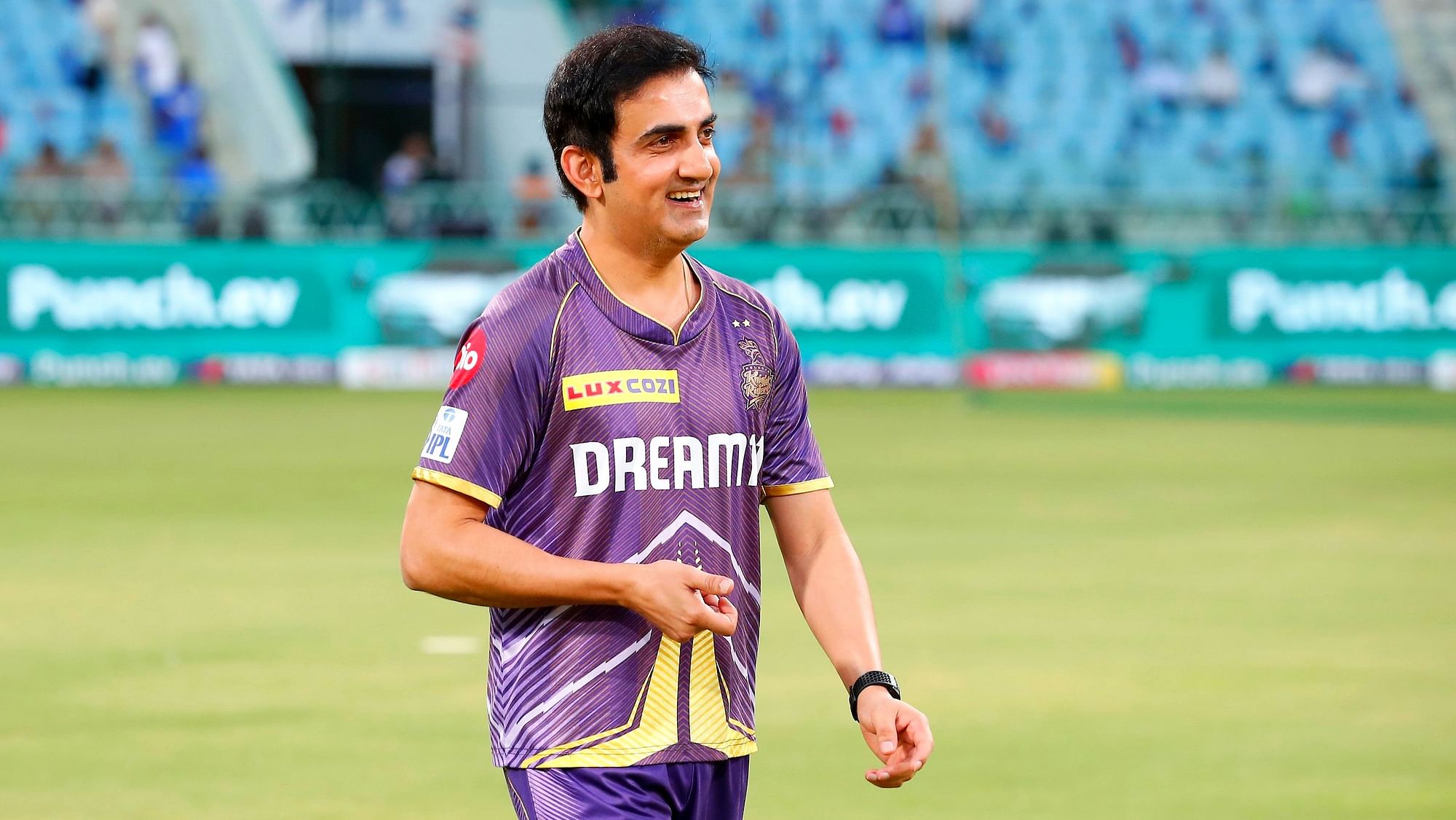After a steady start to his election campaign, Prime Minister Narendra Modi suddenly shifted gears at his public rally in Rajasthan’s Banswara on 21 April when he moved away from delivering his usual speech extolling his government’s achievements and the Bharatiya Janata Party’s poll promises, better described as “Modi ki guarantee.”.
Following up on his earlier declaration that the Congress election manifesto read more like a Muslim League document, Modi delivered an extremely polarising and venomous speech in which he described Muslims as infiltrators and those who have more children.
With the Prime Minister setting the tone for the BJP’s poll campaign, Modi’s ministerial colleagues and party leaders have been quick to follow suit. From Home Minister Amit Shah to Information and Broadcasting Minister Anurag Thakur, they have all been singing the same tune. The Home Minister recently charged that the Congress has outsourced the writing of its election manifesto to minorities and the extreme Left while Thakur told a public rally in Himachal Pradesh, “You have to decide whether your children’s property should remain with them or should it go to Muslims.” From all accounts, this vitriolic diatribe is going to dominate the BJP’s poll campaign till the curtain comes down on the Lok Sabha election on 1 June.
This Election is More in the Nature of a 'Coming Out' by Modi
Modi’s switch from propagating his development agenda to an unapologetic polarising campaign elicited an angry response from opposition parties and others who accused him of lowering the dignity of the high office he holds. Political analysts believe a worried Modi had to necessarily change tack after the low turnout in the first two phases of elections which suggested that a combination of fatigue and anti-incumbency had kept voters away from the polling booth.
Nervous that he was not faring as well as he expected to do, Modi resorted to the BJP’s tried and tested formula of demonising the Muslim community and pushing hard on its majoritarian agenda with the twin objective of intimidating the opposition and enthusing its party workers and voters.
However, the Prime Minister’s polarising poll rhetoric should not come as a surprise. Modi has only chosen to reveal his true beliefs and the ideology which has been the guiding force of his political career. This election is more in the nature of a “coming out” by Modi who has spent his formative years with the BJP’s ideological parent, the Rashtriya Swayamsevak Sangh, which has been working since 1925 to spread its message of Hindu supremacy and the establishment of a Hindu Rashtra in which Muslims are downgraded as second-class citizens.
During his tenure as Gujarat chief minister and now as the country’s Prime Minister, Modi has been consistent in implementing the RSS agenda. Though he was exonerated by the courts, the 2002 Gujarat riots in which over 1000 Muslims were killed, took place when he was the chief minister. The Modi government’s decision to remove Article 370 in Kashmir, the move against inter-faith marriages, the construction of the Ram at Ayodhya and the steady introduction of a Uniform Civil Code are all in line with the lessons Modi absorbed as an RSS pracharak.
Nervousness or Overconfidence?
Modi’s speeches have always been peppered with references to Muslims who have invariably been described as jihadis and equated with Pakistani terrorists. While his earlier remarks alluded to Muslims being accorded special treatment and raised the bogey of the Hindu majority being gradually outnumbered by the Muslim minority, Modi has shed all pretence this time as he does not feel the need to go in for subtle messaging.
It is entirely possible that Modi is spurred by poll surveys and media reports which have repeatedly shown that his popularity has not dimmed even after ten years in power and that he is headed for a comfortable third consecutive victory in these Lok Sabha elections.
Or perhaps Modi is encouraged by the disarray in the opposition ranks, particularly the ideological incoherence in the Congress which finds itself scrambling around for an adequate response when confronted with the emotive issue of Hindu nationalism.
The Congress’s job has been made doubly difficult as the Modi-led BJP has successfully discredited Rahul Gandhi as being privileged and entitled while the party is painted to be “anti-Hindu and pro-Muslim”. Clearly, Modi wants to demonstrate that he is invincible and that no one is capable of taking him on, irrespective of his utterances or actions.
It is for a reason that Modi has acquired the status of a Hindu Hriday Samrat or the King of Hindu Hearts.
(The writer is a senior Delhi-based journalist. She can be reached at @anitaakat. This is an opinion piece and the views expressed are the author's own. The Quint neither endorses nor is responsible for them.)
(At The Quint, we are answerable only to our audience. Play an active role in shaping our journalism by becoming a member. Because the truth is worth it.)

 2 weeks ago
104
2 weeks ago
104


